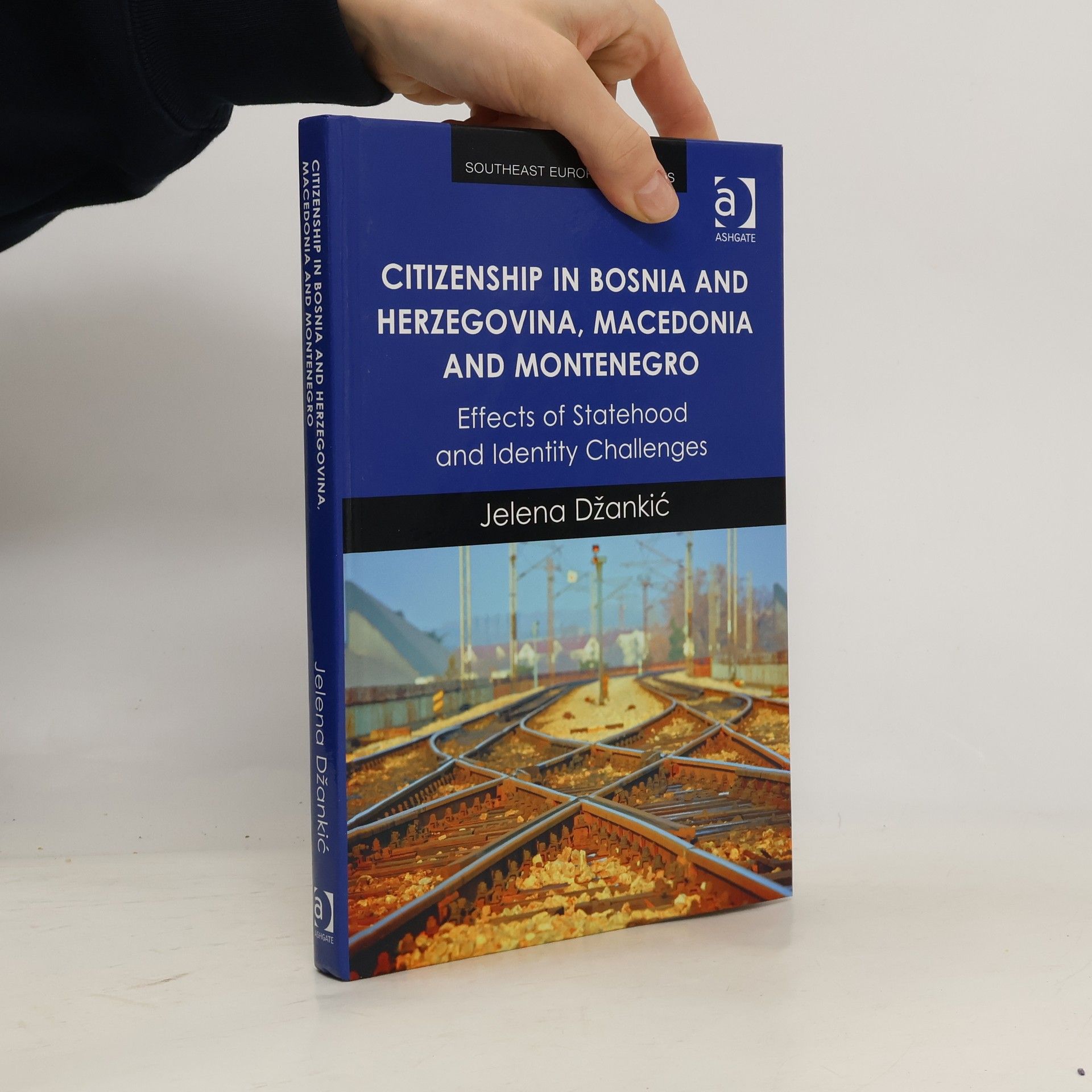Der nächste Brandherd vor unserer Haustür? Vor über hundert Jahren entzündete sich auf dem westlichen Balkan der Erste Weltkrieg. Verantwortlich dafür waren die Großmächte, die ihr Ringen um Vormacht in der Region austrugen. Heute baut China dort Straßen, Russland spornt Nationalisten an, die Türkei und die Golfstaaten investieren in Moscheen und Hotels. Sie alle sehen darin einen Weg, Einfluss auf Europa zu nehmen. Wiederholt sich die Geschichte? Florian Bieber, einer der besten Kenner des Balkans, schildert die explosive Gemengelage in der Region. Sie ist Schauplatz des neuen globalen Konflikts zwischen dem Westen und der autokratischen Internationale. Zugleich verfolgen die Akteure vor Ort ihre ganz eigene Agenda. Das Buch ist ein Weckruf an Europa, endlich aktiv zu werden. Denn in der Region könnte sich seine Zukunft entscheiden. »Florian Bieber ist ein großer Balkan-Kenner, der den gegenwärtigen Blick auf Europas Krisen kunstvoll und kenntnisreich weitet. Ein sehr erhellendes Buch!« Jagoda Marinić »Souverän dekonstruiert Bieber pseudohistorische Mythen und Halbwahrheiten.« Michael Martens, FAZ
Florian Bieber Bücher






Das Buch untersucht, wie die Europäische Union auf die Herausforderung der Vielfalt reagiert hat, indem es sie als komplexes Gemeinwesen betrachtet. Die Autoren argumentieren, dass die EU als Staat zu verstehen ist, um ihre Bemühungen um Gleichgewicht zwischen Vielfalt und Einheit besser zu erfassen. Die Erfahrungen der EU bieten wertvolle Lehren für andere politische Systeme.
Das Buch analysiert die Entwicklung der serbischen Nationalbewegung über 20 Jahre vom Tod Titos 1980 bis zum Ende der Milosevi'c-Ära 2000. Der Zerfall Jugoslawiens nahm mit der Krise im Kosovo und dem aufkeimenden serbischen Nationalismus seinen Anfang. Über die folgenden zwanzig Jahre bestimmte Nationalismus den Diskurs und überschattete die Demokratisierung. Diese Fallstudie des serbischen Nationalismus analysiert nicht nur den Schlüssel zum Verständnis des Zerfalls Jugoslawiens, sondern lenkt auch die Aufmerksamkeit auf die interne Dynamik von Nationalbewegungen im späten 20. Jahrhundert.
Debating Nationalism
- 256 Seiten
- 9 Lesestunden
This concise introduction offers an overview of the global rise and spread of nationalism since the late 18th century. Reflecting on key themes and existing scholarship it presents case studies and primary sources to track the emergence of the modern nation, and understand how nationalism has given rise to phenomena such as identity-based conflict, authoritarian politics and populist movements.Debating Nationalism uses an inclusive perspective that goes beyond a Western European focus to explore how nationalism has expressed itself in nation states and influenced a range of political ideologies over the last 300 years. It engages with the key debates within nationalism studies such as the origins of nations, the mechanisms and actors that reinforce it and the dynamics of ethnic conflict. Using a historical lens to shed light on contemporary issues, it also considers debates around migration, diversity and authoritarian politics found in new nationalism in the modern day. This book includes a dedicated chapter as a guide to key debates and further reading alongside a glossary of terms to help students achieve a holistic understanding of the history of nationalism.
This book examines the European Union's approach to managing diversity, framing it as a complex polity rather than a unique case of international cooperation. It argues that understanding the EU's efforts to balance diversity and unity through state policy offers valuable insights for other polities facing similar challenges.
Southeast European Studies: Citizenship in Bosnia and Herzegovina, Macedonia and Montenegro
Effects of Statehood and Identity Challenges
- 216 Seiten
- 8 Lesestunden
What happens to the citizen when states and nations come into being? How do the different ways in which states and nations exist define relations between individuals, groups, and the government? Are all citizens equal in their rights and duties in the newly established polity? Addressing these key questions in the contested and ethnically heterogeneous post-Yugoslav states of Bosnia and Herzegovina, Macedonia and Montenegro, this book reinterprets the place of citizenship in the disintegration of Yugoslavia and the creation of new states in the Western Balkans. Carefully analysing the interplay between competing ethnic identities and state-building projects, the author proposes a new analytical framework for studying continuities and discontinuities of citizenship in post-partition, post-conflict states. The book maintains that citizenship regimes in challenged states are shaped not only by the immediate political contexts that generated them, but also by their historical trajectories, societal environments in which they exist, as well as the transformative powers of international and European factors.
